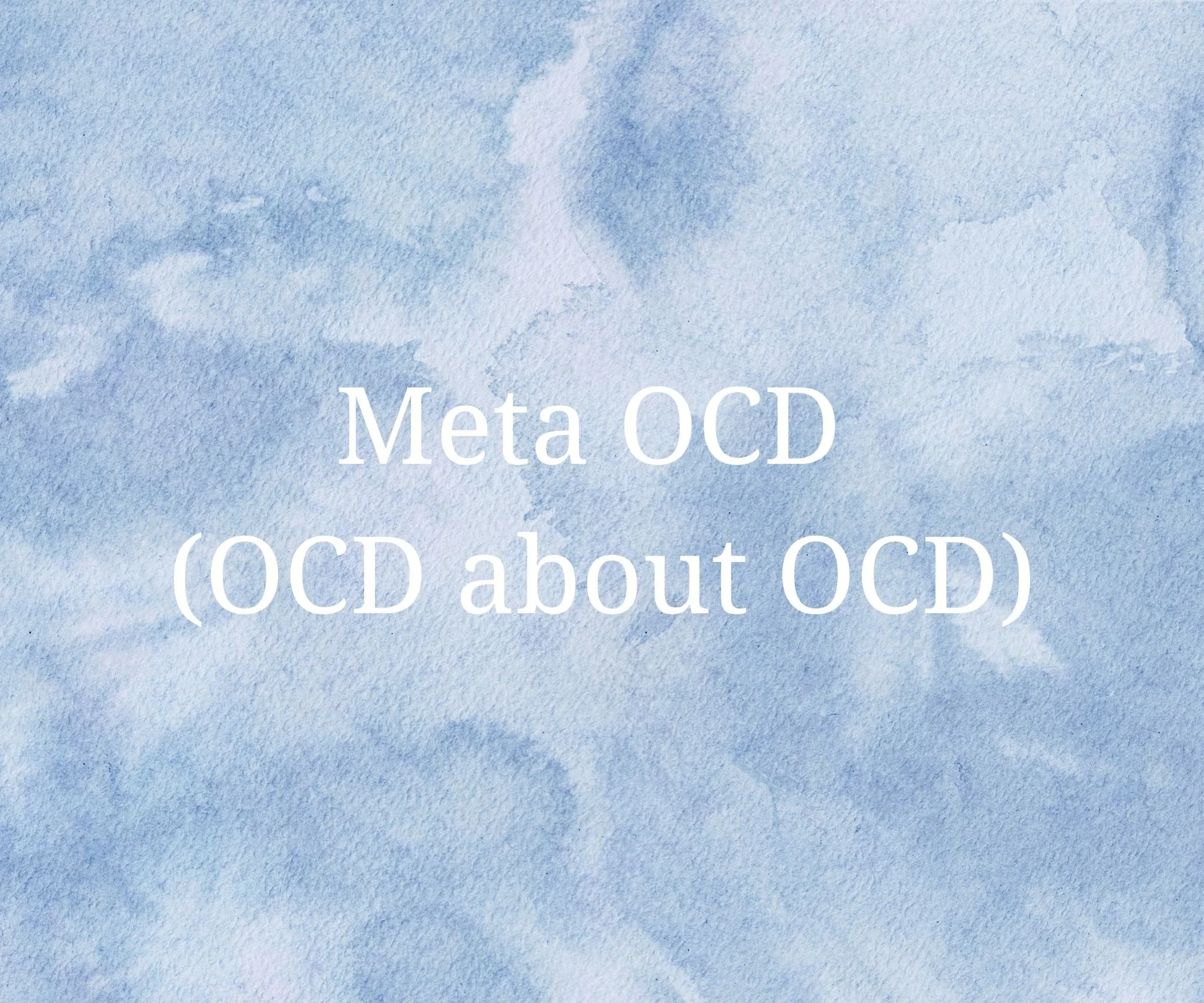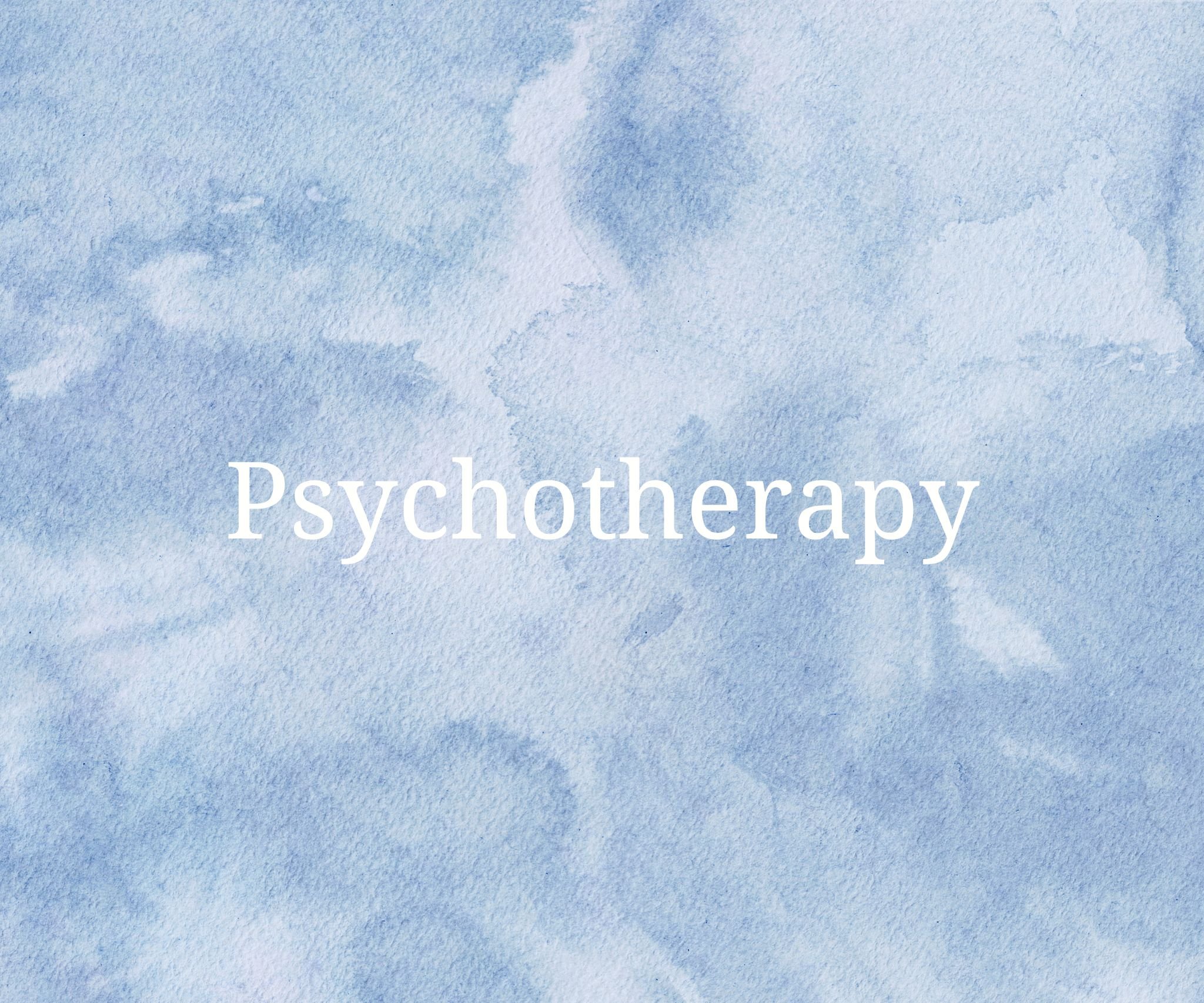
Dictionary
Ontario • Quebec • Nova Scotia • New Brunswick • British Columbia • Saskatchewan • Manitoba • Nunavut
Mindfulness
Mindfulness is the state of acknowledging what is happening in the present moment and accepting it as it is, without judging or evaluating it.
Our every moment is usually filled with thoughts - assessing, judging, worrying, regretting, protesting. We ruminate about the past and worry about the future. There is little space left for attending to the present moment as it is. That way, we identify with our thoughts and don't see ourselves as separate from them. Our thoughts become our reality, and we become slaves to the thoughts that are rapidly generated by our brain and interpreted by our mind.
If, however, you stop and attend to the present as an observer, without identifying with the thoughts and the judgement, you develop a capacity to observe what your mind is doing. That way, you gradually learn to mindfully respond to situations and thoughts, as opposed to being mindlessly reactive to them.
There are two main approaches to developing mindfulness - formal meditation practice and informal mindfulness of the moment practice.
Meditation teaches you to attend to present moment by bringing your awareness back gently from external and internal distraction. It requires allocating some time in your day, starting with a few minutes, to quietly sit and breathe, while acknowledging your thoughts, feelings and physical reactions, but not engaging with them.
The informal practice involves disengaging from your reactive thoughts as you go about your day. This does not mean that your mind needs to be "clear of the thoughts" and does not involve thought stopping. It just means acknowledging the thoughts, accepting them as they are, and continuing to attend to the present moment.
By becoming mindful, we develop an an ability for conscious living, being in touch with yourself, and seeing things as they are.
Obsessive-Compulsive Disorder
This disorder includes either obsessions (intrusive recurrent thoughts and impulses that cause distress) or compulsions (repetitive behaviours or mental acts that the person is driven to perform in order to reduce the anxiety caused by the obsession). In most cases, both obsessions and compulsions are present.
Many people assume that OCD is related to excessive hand-washing and a need to keep everything in order. In reality, however, OCD can take numerous forms, such as:
Compulsive checking. Repeatedly checking and re-checking doors, locks, stove, iron, etc. The checking can also be health-related. Checking temporarily reduces anxiety brought by the obsessive thoughts about pending disaster, but this relief is short-lived - the anxiety always returns with a vengeance.
Washing and cleaning. The constant washing, cleaning, and sanitizing is related to obsessions about contamination by germs, viruses, dirt, chemicals, air pollution and other potentially harmful substances.
Hoarding. Collecting insignificant items and having difficulty letting go of things that other people would consider junk.
Ordering, repeating, and symmetry. Arranging and re-arranging things until it feels "just right."
Scrupulosity. Obsessions about offending God, or violating religious, moral, or ethical principles.
Primary obsessional OCD (Pure O). In this case, there are hardly any visible rituals present. The obsessions can be about violence, harm to self or others, or they can be of sexual nature. Even though this form of OCD is frequently called "Pure O" over the internet, in most cases, people do engage in numerous mental rituals, such as trying to suppress or "neutralize" the thoughts or performing invisible mental rituals - praying, counting, checking, or repeating a lucky/positive phrase.
OCD is treated by Cognitive Behavioral Therapy (CBT) and Exposure and Response Prevention (ERP), which have been proven to be the golden standard of treatment of this disorder.
Check out our blog posts on OCD for more insight.
Onychophagia (nail biting)
Onychophagia, commonly known as nail biting, is a habit of biting and chewing the nails, cuticles, or surrounding skin. It is a form of a body-focused repetitive behavior (BFRB) .
Nail biting is a common habit, especially in children and teenagers. It can be caused by stress, anxiety, boredom, or simply as a habit. However, it can also be a sign of an underlying mental health condition, such as obsessive-compulsive disorder (OCD).
Onychophagia can have several negative consequences, including damaged skin, infections, and damaged teeth. It can also cause social stigma and embarrassment for the individual, leading to a negative impact on their self-esteem and confidence.
Treatment for onychophagia may include cognitive-behavioral therapy (CBT), habit reversal training (HRT), and COMB (Comprehensive Model for Behavioural Treatment). Strategies such as applying bitter-tasting nail polish, keeping nails trimmed and filed, and engaging in alternative activities such as fidget toys or stress balls can also be helpful.
Orthorexia Nervosa (NS)
Orthorexia Nervosa is a condition characterized by a preoccupation with following rigid rules related to eating “clean” or “healthy” foods.
Individuals with orthorexia may experience anxiety when they are offered “unhealthy” foods and after consuming these foods. They often spend a great deal of time researching harms and benefits of various foods.
Individuals with orthorexia do not have an intense fear of gaining weight and do not have a distorted body image.
Panic Attacks
A Panic Attack is a discrete period of intense fear or discomfort that develops abruptly and unexpectedly and reaches a peak within approximately ten minutes. It could include the following symptoms: palpitations or pounding heart, sweating, trembling, shortness of breath, feeling of choking chest pain, nausea or abdominal distress, feeling of derealization or depersonalization, fear of losing control or going crazy, fear of dying, numbing or tingling, and chills or hot flashes. Sometimes they feel like heart attacks.
Panic Disorder
Panic Disorder is characterized by recurrent unexpected Panic Attacks. At least one of the attacks has been followed by a month or more of persistent concern about having another attack, worry about the consequences of the attack, or a change in behaviour related to the attacks. It can often be accompanied by Agoraphobia. Cognitive Behavioural Therapy (CBT) is a very effective specialized treatment of Panic Disorder.
Parenting Issues
These days we are bombarded with advice about parenting. There are books about parenting from every theoretical perspective and personal point of view imaginable. There are articles on the internet, heated discussions on Facebook and parents' forums, and advice from well-meaning relatives and friends. The advice is often conflicting. You will be told that a child will develop more secure attachment if she sleeps in her parents' bed, and you will be told that it is imperative that the child is trained to sleep in her own bed early on. You will read about the importance of emphasizing academic achievement, and you will then read in a different source that it is more important to develop emotional intelligence. Time-out or time-in? Attachment parenting or clear boundaries? Daycare or nanny? Public or private school? Or maybe French Immersion?
In addition to conflicting general parenting advice, parents often struggle with the issues of discipline, relationships between family members, conflicts and rivalry among siblings, as well as fears, anxieties and other psychological problems in children and teens.
Our approach to parenting is no-nonsense hands-on advice geared to your particular child and your specific family situation. What works for one child may be contraindicated for another. After thoroughly assessing the history and the current situation, we will discuss specific strategies to address the issue. This may include behaviour modification strategies, communication tools, advice on modifying daily routine and schedule, or a referral to a specialist. As all our services are either provided or supervised by a Clinical Psychologist, a careful assessment will be conducted to rule out a psychological health problem.
Phobias
A Phobia is a persistent excessive and unreasonable fear of a specific object or situation. This disorder is usually accompanied by either avoiding the object or situation, or enduring it with intense distress. The most common phobias include: animal type, natural environment type (e.g., heights, storms), blood-injection-injury type, and situational type (e.g., elevators).
CBT provides an effective evidenced-based treatment for Phobias, specifically exposure-based treatment.
Psychologist
Psychologists are regulated health professionals and are required to meet rigorous education, training and supervision requirements.
Unlike many other mental health professionals (social workers, psychotherapists, family therapists, and counselors), psychologists can perform the controlled act of making an accurate diagnosis, which is crucial for effective treatment of numerous psychological health problems. This is a very important distinction as in order to develop an appropriate treatment plan, it is imperative to first conduct a careful assessment, to rule out possible psychological disorders, and to establish a diagnosis which will guide the treatment.
All the services at Turning Point are provided under a supervision of a Registered Psychologist and a certified member of the College of Psychologists of Ontario (CPO). Ms. Anna Prudovski, the Clinical Director of Turning Point, has over 15 years of experience practicing in various settings, such as hospitals, community agencies, and in private practice. She is trained and qualified to assess, diagnose, treat, and prevent various psychological conditions in children, adolescents and adults. In addition to being registered with CPO, she is a certified Diplomate and the Credentialing Committee Member of the Academy of Cognitive Therapy (ACT) and a Founding Member of the Canadian Association of Cognitive Behavioural Therapists (CACBT).
Productivity and Time Management
Do you go through life with a feeling that you just never get things done? Do you have difficulty staying in the moment when you spend time with your family or try to relax? Have you tried implementing strategies, such as daily "To Do" lists and setting priorities, only to find yourself re-writing the lists all over again, not accomplishing much and feeling frustrated?
Our lives today are busier than ever. It is difficult or impossible to keep everything we need to do in our mind, and we end up living with constant anxiety that we may miss something important that needs to be done. There are simple and effective ways of managing your complex daily tasks and commitments - both at work and at home. In our sessions we will talk about tools that will help you approach your current and future commitments with calm and clear mind, without feeling overwhelmed and frustrated.
Psychotherapy
In psychotherapy, patients work toward achieving their goals, overcoming obstacles to growth, developing an in-depth self-understanding, and making changes in their lives through a therapeutic relationship with the therapist. Whether you seek therapy to treat a psychological disorder, to improve interpersonal relationships or overcome fears, anger, low mood or other issues, - our ultimate goal is to help you, through therapy, to achieve a greater sense of well being. Psychotherapy is an exciting journey toward self-realization. It involves an ongoing dialogue, collaboration, and examining your feelings, thoughts and behaviour through a variety of therapeutic tools.
Sensorimotor/Hyperawareness OCD
People with this OCD type feel hyper-aware of their bodily functions, sensations, or thoughts. They often fear that they will never be able to concentrate on anything else and live a normal life.
Common obsessions are with:
Blinking
Swallowing
Thinking
Breathing
Salivation
Eye floaters
Heartbeat
Thoughts
Common compulsions include:
Monitoring the sensation
Trying to distract from the sensation
Trying to “override” or mask the sensation
Seeking reassurance
Treatment involves carefully analyzing compulsions and addressing the person’s relationship with their sensations using ERP and ACT.
Separation and Divorce
Unfortunately, a great deal of marriages ends up in divorce. About 40% of Canadian families will face a divorce before reaching a 30 year wedding anniversary. Separation and divorce bring with them stress, uncertainty, anxiety, anger, and a wide range of other emotions, which are often overwhelming and confusing.
If you are preparing to separate, or are in the process of separation and divorce, you may have a lot of questions. How to deal with your spouse? How and when to tell the children about the breakup? What are the different approaches to the children of different ages in this situation?
You may think that those dilemmas end when the divorce is finalized. However, new issues then come up. How to co-parent your children with your former spouse? How to organize holidays or special occasions? How to help your children deal with your or your ex-spouse's new relationship or remarriage? How to avoid mistakes when blending two families? How to be a stepparent?
In the last few years, an increasing number of parents seek professional advice on how to handle this life transition in the best way. A therapist with the knowledge of the issues of separation and divorce, as well as an understanding of developmental milestones that affect each child's potential response to the separation, can be a great source of support and guidance during this difficult period.
Shy Bladder (Paruresis)
Paruresis, or shy bladder syndrome, is a form of social anxiety where a person experiences difficulty urinating when others are nearby or might be aware of them. Despite its name, it’s not the fear of urinating in the presence of others. It’s about the fear of not being able to urinate in the presence of others. This fear can make urination even more difficult, creating a self-perpetuating cycle of anxiety and physical tension.
Social Anxiety Disorder
Social Anxiety involves a fear of social or performance situations. The person is worried that his or her behaviour will be embarrassing or humiliating. There are numerous strategies of dealing with Social Anxiety. They include cognitive therapy, behavioural experiments, exposure, and social skills training.
To learn more about various aspects of anxiety, check out recent posts on our blog.
Solution-Focused Therapy
In Solution-Focused Therapy clients are encouraged to focus on their strengths and to identify solutions. The solutions may be new, or the ones that already worked in the past. This is typically a very brief form of therapy, sometimes requiring only a few sessions.
Staring OCD (often confused with Visual Tourettic OCD, VT-OCD)
People with these OCD types have an urge to stare at others’ private parts. The person may never actually stare but is very concerned that he or she may be staring.
The symptoms may manifest with everybody and in every social situation or only with a specific category of people or in certain situations (with either men or women, with colleagues, people in an authority positin at work, in either group or individual settings, etc).
People with this OCD type engage in multiple compulsion to try and avoid staring, such as looking away, avoiding being close to people, avoiding social interactions, and even avoiding certain TV shows.
The treatment for this OCD type, just like for other OCD types is a combination of ERP and ACT.
Stress Management
Everyone at times experiences stress and anxiety. It is important, however, to seek help if you feel that stress and anxiety overwhelm you to the point of negatively affecting your quality of life. Long-term, chronic stress can be harmful to your physical and mental health. Among common stressors are major life events and transitions, such as marriage, pregnancy, a birth of a child, changing jobs or losing a job, experiencing losses, and many others. In addition to those major life events, routine everyday stresses, such as competitive environment at work or school, conflicts with peers and family members, financial pressures, and health concerns, also contribute to elevated stress levels.
Why is it that people react so differently to stress-provoking events? The answer to that question is complex, as a person's response to stress depends on their core beliefs about the world, themselves and others, which directly affect their perceptions, thoughts and actions in stressful situations. The availability of social support system may also play a part. Our perception is our reality, and, therefore, it determines whether we see our daily events as a threat or as a challenge on our way to success.
Working with a psychologist to uncover those core beliefs that guide our perception will allow you to have a better understanding of your reaction to stressful events and to develop more adaptive ways of coping.




















